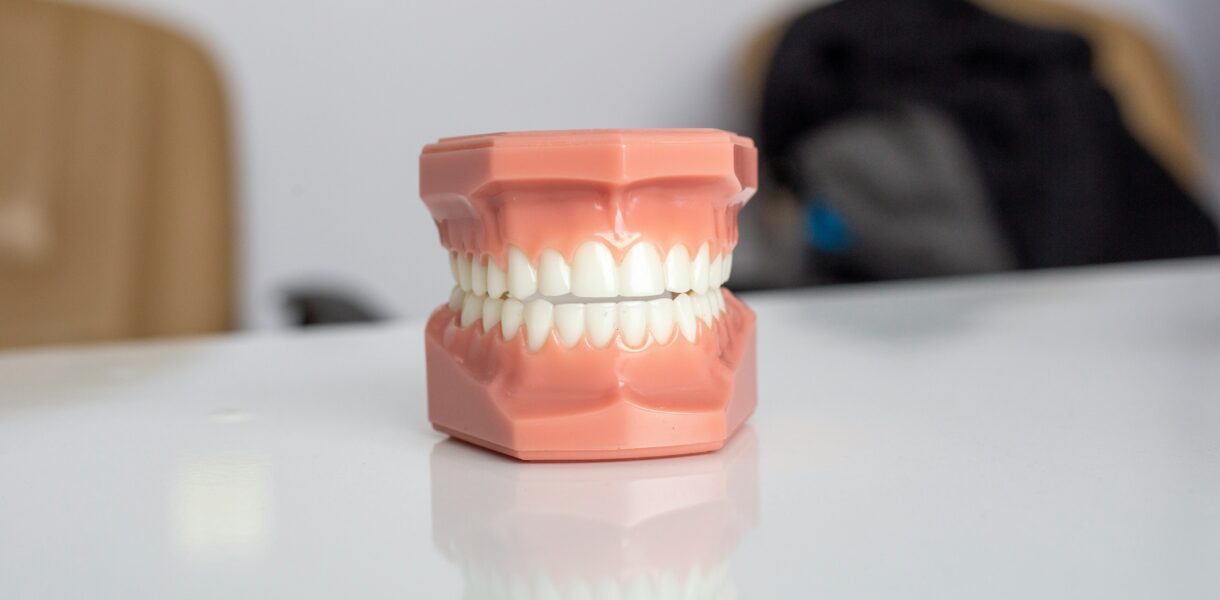As any parent of children with special educational needs (SEN) will tell you, everyday tasks can quickly turn into major challenges. Among these, trips to the doctor or dentist can be particularly daunting. As my two children got older and their needs became more apparent, we learned the hard way that regular doctors and dentists weren’t going to work as smoothly for us. Both of my children can become extremely distressed in unfamiliar environments and with unfamiliar people, making what should be a routine visit an overwhelming experience for everyone involved.
The Struggle with Regular Dentists
For a long time, we struggled through appointments, not fully realizing that there were other options available to us. The turning point came during a particularly stressful visit to the dentist. My daughter, who was already uneasy, became violently distressed when the dentist moved into her personal space. She lashed out, and as things quickly escalated, my husband managed to scoop her up and get her back to the car, the only place that felt safe to her in that moment.
It was a wake-up call for us. We realised that we needed to find specialised care that understood the quirks and challenges of working with SEN kids. Thankfully, our dentist at the time was able to refer both of our twins to a local SEN dentist. The difference was night and day. The new practitioners were not only used to working with SEN children, but they also knew exactly how to make the experience as stress-free as possible. Our dental appointments are now much less of an ordeal, and we can focus on keeping the kids’ teeth healthy without the added anxiety.
The Doctor’s Office: Learning to Navigate Medical Care
Finding the right medical care has been trickier than our journey to a SEN dentist, but we’ve learned a lot along the way. For starters, I’ve found that telephone appointments with our local GPs can be a lifesaver. We can discuss symptoms and concerns over the phone, which helps minimize the stress of an in-person visit for both my children and the doctors. This has been particularly helpful when the twins are feeling under the weather and wouldn’t cope well with leaving the house.
When an in-person visit is necessary, I always make sure to communicate clearly with the reception staff and the doctor about what they can expect. This preparation has made a big difference. The staff have been incredibly accommodating, ensuring that we have a quick and smooth experience. For example, they often allow us to wait in a quieter area or skip the waiting room altogether, which helps keep my children from becoming too overwhelmed.
Emergency Situations: When Things Get Urgent
Of course, there are times when things are more urgent, and we don’t have the luxury of planning ahead. On two occasions, I’ve been so worried about my son due to fever and vomiting that I’ve called 111. Because he is non-verbal, it’s difficult to gauge exactly how he’s feeling, which makes these situations trickier.
Both times, an ambulance was dispatched to our home so that paramedics could assess the situation. I’ve learned to be very clear with the emergency services about my children’s disabilities and to give them an idea of how best to approach the situation. The last time this happened, we were lucky enough to have a paramedic who had an autistic son with similar needs to my twins. Her understanding and approach were a breath of fresh air, and it was such a relief not to have to explain every detail of my son’s quirks.
Final Thoughts: Finding the Right Support
Navigating healthcare with SEN children can be challenging, but finding the right support makes all the difference. Whether it’s a special needs dentist who knows how to make appointments stress-free or a GP who is willing to adapt their approach, having practitioners who understand your children’s needs is invaluable. It’s taken us some time, but we’ve learned how to advocate for our kids, communicate their needs clearly, and find the care that works best for our family.
For other parents in similar situations, I hope our experiences offer some reassurance and tips on making doctor and dentist visits a bit easier. Remember, you’re not alone, and there are resources out there to help you navigate these challenges. Start with googling to see what’s available in your local area, and please feel free to get in touch with me if you want a hand!





